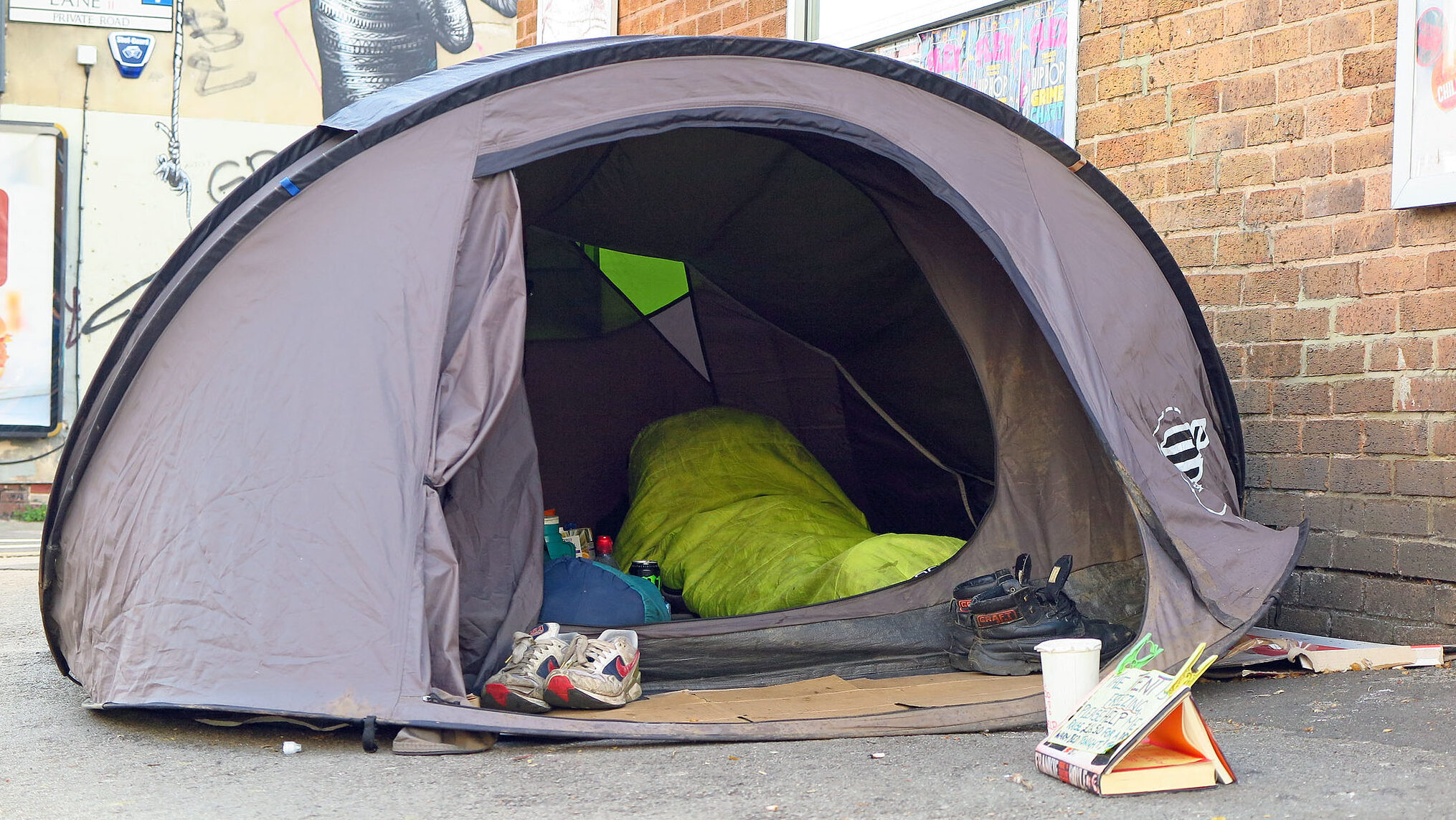Amidst the fury and debate about asylum hotels and the refugee framework in general, discussion about cascading refugee homelessness has struggled to break through. This is a worrying development – regardless of current anger and potential reform, most people would accept a working asylum system as an important moral duty of richer nations. And yet homelessness among refugees (meaning those who’ve had claims accepted and are no longer asylum seekers) is skyrocketing.
For newly recognised refugees, the relief of being granted permission to stay in the UK is quickly overshadowed by the challenges of establishing a new life. Many find themselves evicted from asylum accommodation into homelessness or insecure living arrangements, such as hostels or sofa surfing.
Refugee homelessness increased by 251% in 2023-2024 compared to the previous year, according to official government statistics, largely due to the government clearing parts of the asylum backlog quickly and the wider housing crisis afflicting the UK.
Read more:
- This innovative scheme uses spare rooms to house homeless refugees after Home Office backlog blitz
- Tragic death of a Blackpool man sleeping in a tent dragged into asylum hotel row: ‘It’s entirely wrong’
- Cost of housing homeless people in temporary accommodation soars to £2.8bn
So far this year, 3,200 households have been owed homelessness relief duties after leaving Home Office accommodation between January and March 2025, in England alone. Alarmingly, the numbers are only expected to rise, as the sector warns of a surge of refugees facing homelessness and destitution. This follows the government’s decision to revert to a 28-day move-on period for single adults to leave Home Office accommodation once receiving their status.
The government had temporarily extended the timeframe to 56 days, following high rates of refugee homelessness last winter, and a similar crisis is looming. Frontline charities assisting refugees are arguing that the extension served as a lifeline for new refugees, allowing them enough time to secure housing, open bank accounts and gain access to employment and welfare support.





